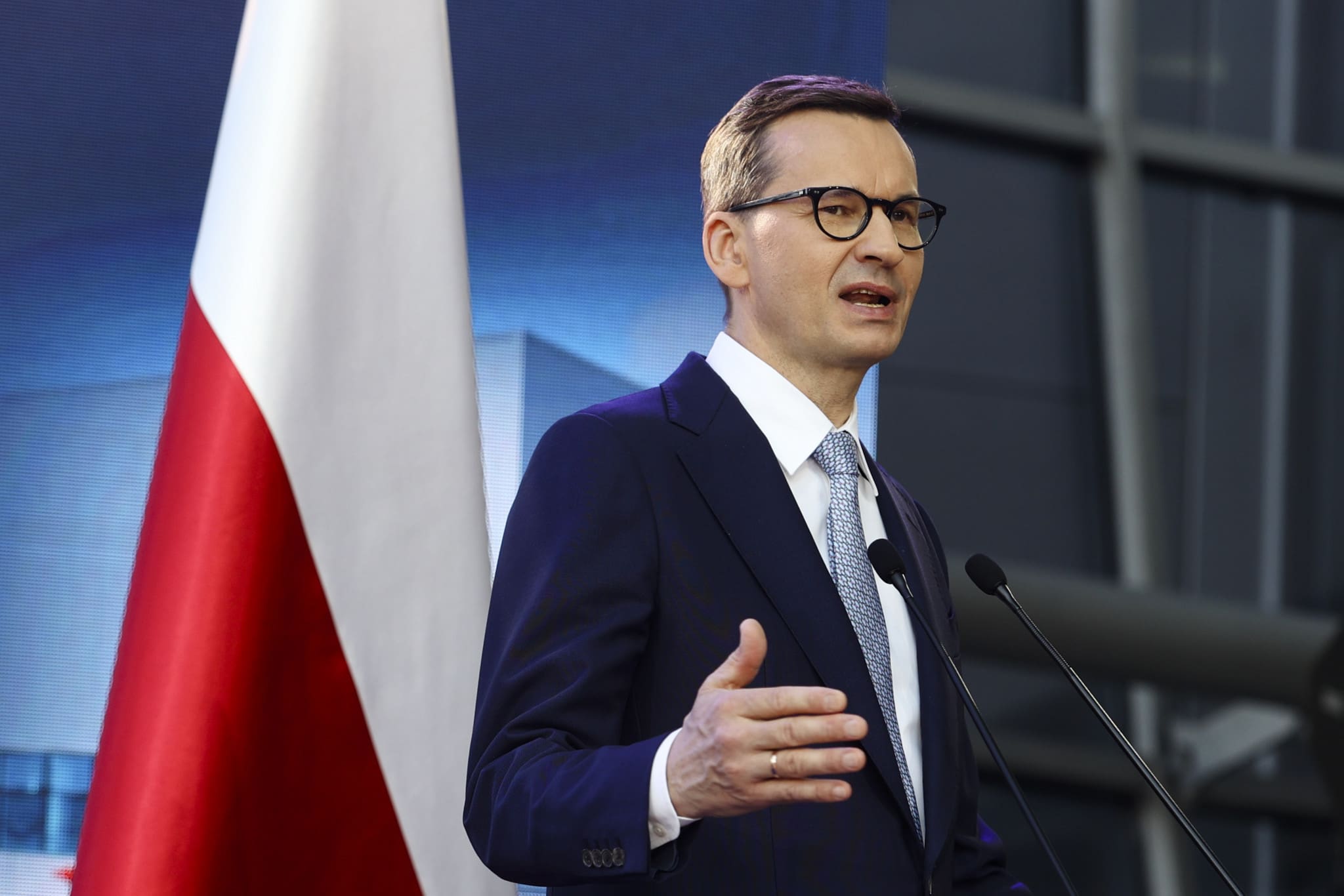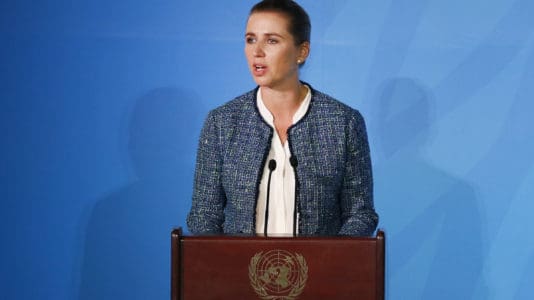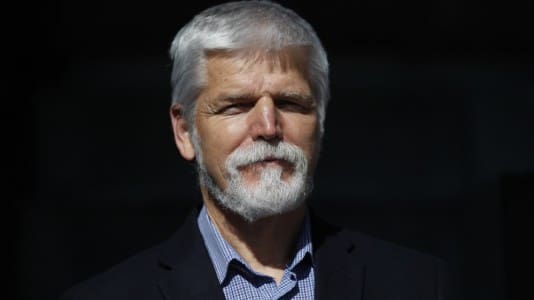Germany has failed both politically and economically in its role as the powerhouse of Europe, and Eastern European nations now have the chance to capitalize on its loss of status, Poland’s Prime Minister Mateusz Morawiecki has claimed.
In a wide-ranging interview with German news portal Der Spiegel, the Polish leader berated Germany’s response to the Russian invasion of Ukraine, expressing his disappointment in the hesitancy and inaction of German political leaders.
“If Ukraine were dependent on the framework of a European defense policy, it would no longer exist today,” Morawiecki told the news outlet, claiming that Ukraine has driven “the enemy back faster than the Germans were able to make decisions.”
He explained Poland’s view that Ukraine is currently fighting not only for its own survival, but for Europe’s, warning that it would “only be a matter of time before Putin attacks the next country” if Ukraine falls.
The Polish prime minister bemoaned the delay in the German response to an agreement between the two nations for Germany to replace from its own stocks the tanks and heavy artillery Warsaw directly supplied to Kyiv. He revealed Poland had already supplied arms worth over $2 billion to Ukraine with just a fraction of this being recovered from Berlin.
“Berlin’s hesitation, its inaction, seriously calls into question the value of the alliance with Germany,” Morawiecki said; he further claimed that he is not the only leader in Europe coming to this conclusion. “I am hearing this from quite a few other heads of government in Europe, as well,” he added.
[pp id=46937]
Morawiecki refused to pull any punches in his criticism of Germany’s long-term energy policy, which he currently described as being “in ruins.” He slammed the “premature” phaseout of coal and nuclear power, a move that only further increased Berlin’s dependence on Russian gas.
“Germany’s policies have inflicted tremendous damage on Europe,” Morawiecki said, accusing Europe’s largest economy of acknowledging its energy policy mistakes far too late.
The silver lining of German intransigence, in Morawiecki’s eyes, is the increase in status his own country and its neighbors has experienced as a result. “Our voice is heard to a much greater degree,” he claimed. “We were right, after all, with all our warnings about Russia. The Germans have always been very conciliatory towards Moscow, bowing down to Russia.”
He reminded Berlin that its trade with the Visegrád Group is “significantly larger than its trade with China, the U.S. or France,” and suggested Germany “nurture and cultivate” such partners more effectively in the future, “rather than patronizing the Poles.”
Addressing the Polish government’s recent claim for World War II reparations from Germany, for which Warsaw is requesting monetary damages of up to €1.3 trillion, Morawiecki claimed the figure is “not such a fantastic sum” considering the extent of damage inflicted upon Poland and its citizens during the conflict.
“We also consider the Germans’ legal analyses, according to which Poland waived reparations in an agreement with the GDR (East Germany) in 1953, to be wrong. The Soviet Union forced Poland to do so at the time. The Poles could hardly demand reparations from a socialist ‘brother nation.’ Moscow coerced its proxy in Warsaw, Bolesław Bierut, to agree, and the issue wasn’t even brought before the Polish parliament.”
Polish Prime Minister Mateusz MorawieckiThe Polish prime minister explained that the matter will first be raised with Germany through diplomacy at a political level, but he reserved the right for Poland to take its claims to international courts “at a later stage.”
Discussing the ongoing dispute between Warsaw and Brussels over the Polish government’s desire to reform its judiciary, much to the dismay of the European Union elites, Morawiecki dismissed the EU’s opposition to his judiciary reforms as absurd.
“After reunification, the Germans vetted the entire judiciary and prosecutors of the GDR, and only 30 percent were allowed to continue working. In our country, the communist judges remained in office,” he explained.
Asked whether the current stalemate between the Polish government and Brussels, which has frozen €35 billion in coronavirus aid until Warsaw backs down on its judiciary reforms, could be resolved, Morawiecki stressed that it could if the European Commission, Paris, and Berlin all conclude that Europe must promote solidarity in times of conflict.
[pp id=40102]
He bemoaned the “completely false arguments” being used against Poland by Brussels, and suggested that the EU’s judiciary has a greater problem than Warsaw if it believes it has the right to judge Poland’s judicial reform under the EU treaties.
“I have repeatedly tried to explain to many of my colleagues in Europe that our judicial reform does not damage the rule of law in Poland, it restores it. Either they didn’t understand, they didn’t want to understand, or they are pursuing very different goals than they claim,” Morawiecki told the news outlet.
Asked to elaborate, the Polish prime minister suggested that some in Brussels were pursuing a political vendetta against his conservative administration, accusing many of refusing to accept the reality that “Poland’s importance is growing.”
“We have established a joint Central Eastern European policy with Romania and Bulgaria in the Visegrád Group. As by far the largest country, we highlight the problems of the region. Poland is a locomotive of development in Europe.
“We articulate the experiences and interests of the countries that experienced communism. We represent diversity in Europe, and diversity is a value in itself.
“Maybe our role isn’t to everyone’s liking,” he added.





